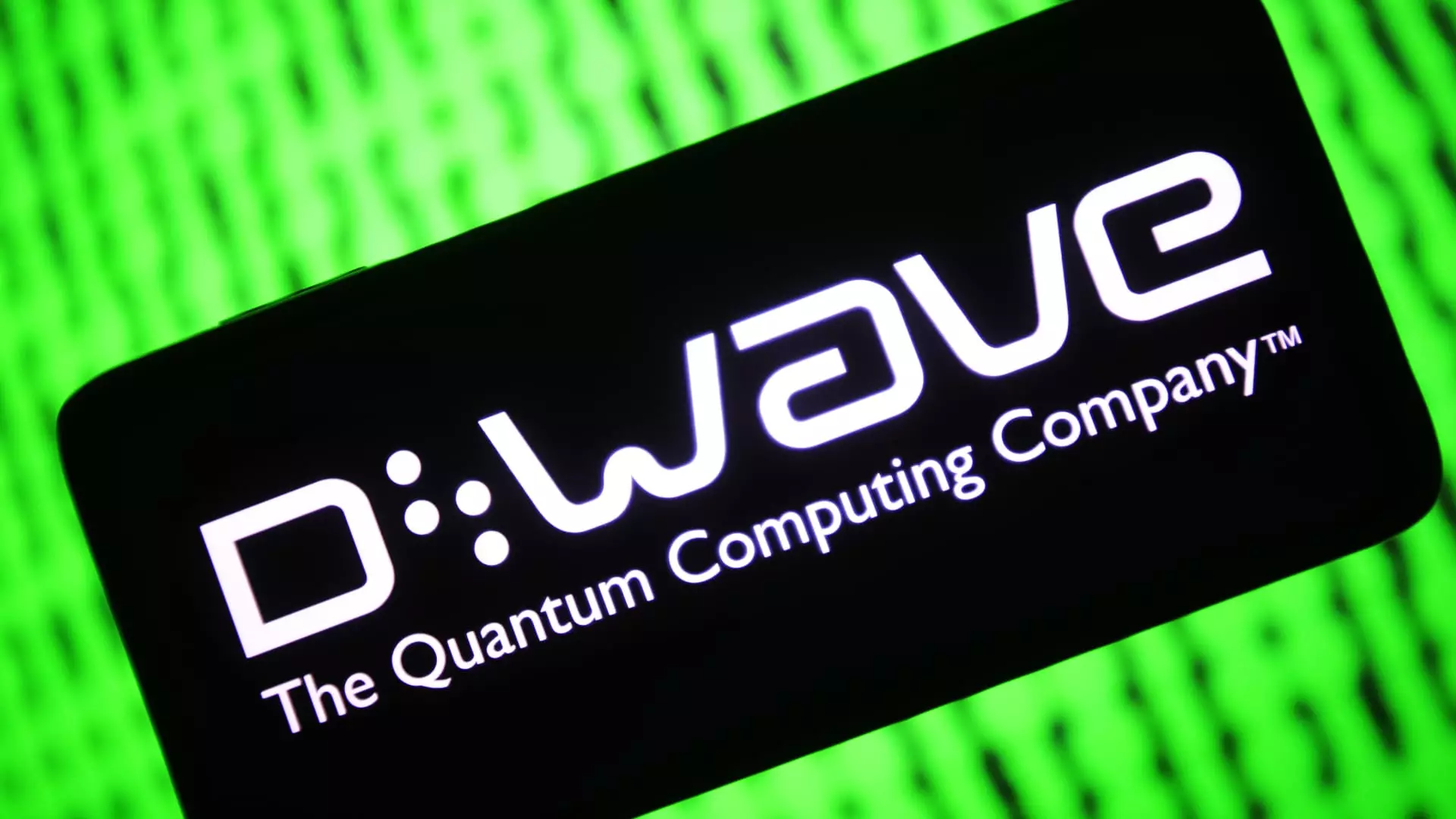The stock market witnessed a significant uptick in quantum computing shares, primarily triggered by a recent announcement from Microsoft advocating for organizations to become “quantum-ready” by 2025. This announcement comes in a broader context where investors are leaning back into higher-risk investments following disappointing inflation data from December, which showed core inflation rates lower than anticipated. The message from Microsoft encapsulated a pivotal sentiment: the quantum computing landscape is on the verge of transformation, ushering in an era where these advanced machines can tackle complex challenges and generate substantial business opportunities.
In response to Microsoft’s call to action, stocks related to quantum computing saw impressive gains on Wednesday. Rigetti Computing’s shares soared by over 13%, D-Wave quantum stocks jumped 16%, and IonQ experienced a remarkable 26% increase in its stock price. Additionally, the Defiance Quantum and AI ETF rose by nearly 2%. The rally was further propounded by Nvidia’s proactive announcements regarding its “Quantum Day” scheduled during the upcoming GTC conference, underscoring an industry-wide commitment to advancing quantum technology.
The Crucial Role of Business Leaders
Mitra Azizirad, Microsoft’s President and COO of Strategic Missions and Technologies, emphasized that the current moment is critical for business leaders. In her blog post, she posited that 2023 marks a transformative juncture for organizations to initiate quantum research and development. This conversation about urgency is vital; many experts argue that businesses who delay their adaptation to quantum technologies risk being left behind as the landscape evolves rapidly. The backing from industry giants like Microsoft reinforces the importance of adopting innovative technologies to maintain a competitive edge.
Despite the positive momentum in quantum stocks, it is essential to remain grounded in the reality of technological advancements. While companies like Google made significant strides last year with their quantum capabilities, echoed by the announcement of its Willow quantum chip breakthrough, leading figures in the industry, including Nvidia’s CEO Jensen Huang, have expressed skepticism about the timeline for practical applications. Huang warned that the journey to fully functional quantum computers could span decades, a viewpoint shared by Meta Platforms’ CEO Mark Zuckerberg, who also urged caution regarding the technology’s accessible future.
Future Outlook: Balancing Enthusiasm with Realities
The discourse around quantum computing is inherently filled with excitement and anticipation; however, it is accompanied by cautionary notes from seasoned stakeholders. Proponents passionately argue that quantum computing has the potential to outperform classical computers by executing tasks beyond their capabilities and managing larger datasets more efficiently. Yet, investors and business leaders must navigate the oscillating sentiments in the marketplace, balancing enthusiasm with a realistic understanding of the technology’s current limitations and the potential decades-long period until widespread adoption.
Ultimately, the quantum computing sector represents a vibrant area of innovation and investment, but stakeholders should temper their expectations with pragmatic insights as they prepare for what lies ahead.

